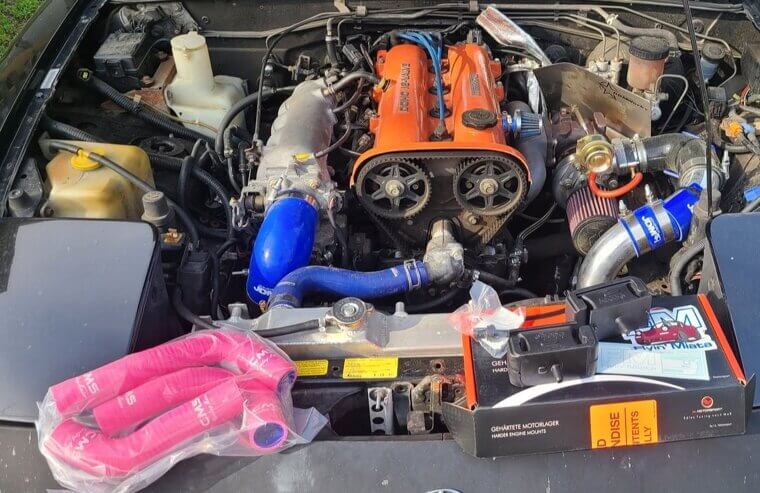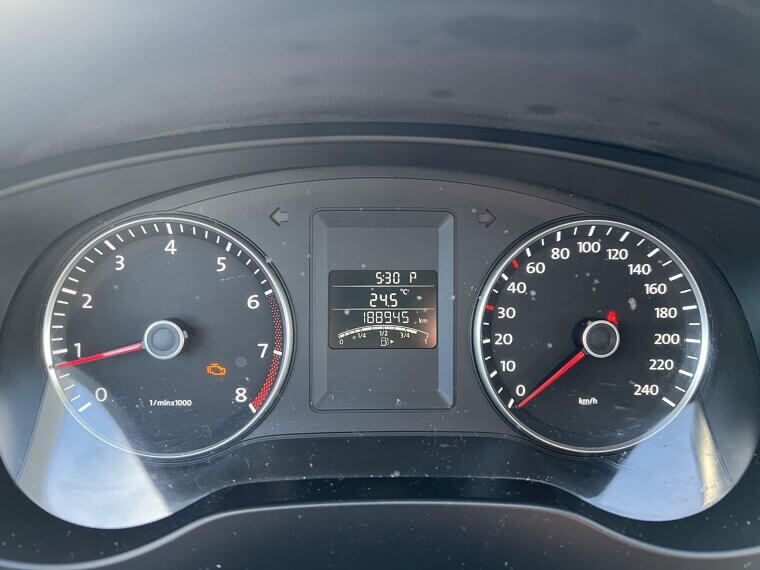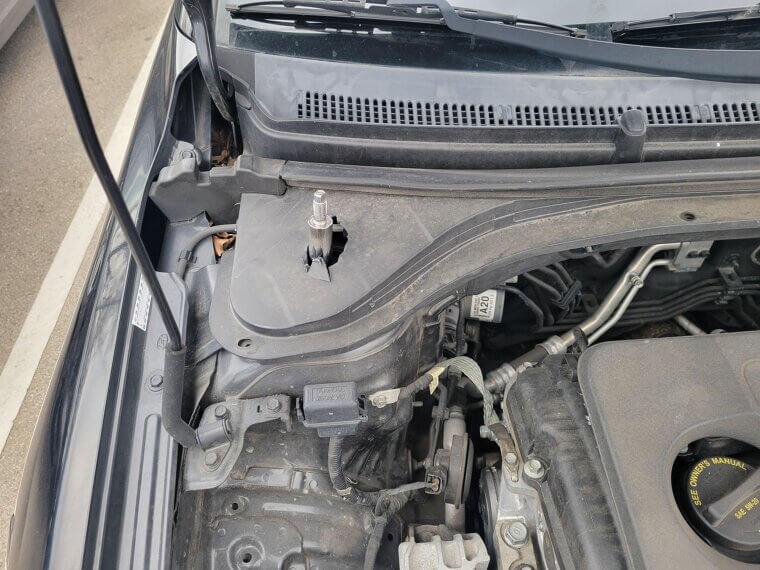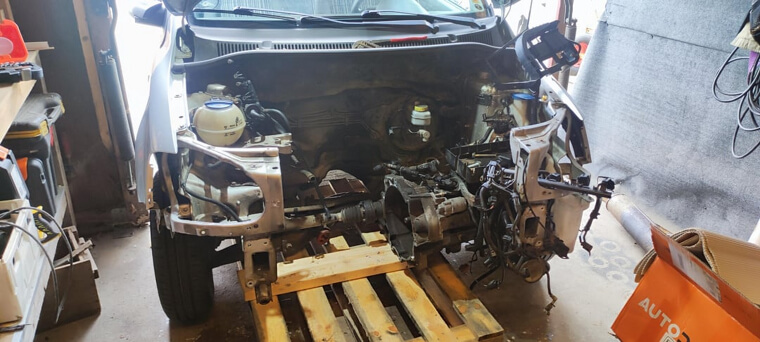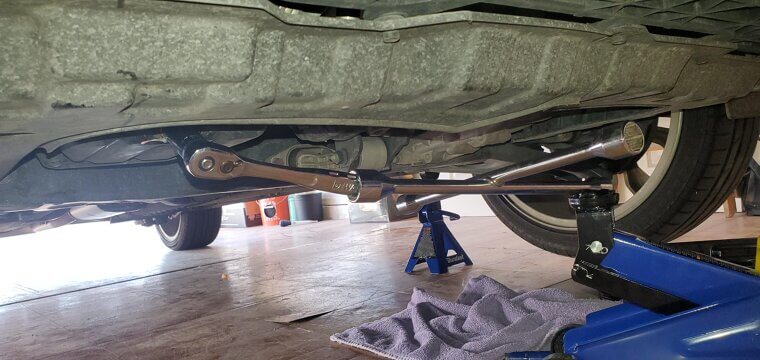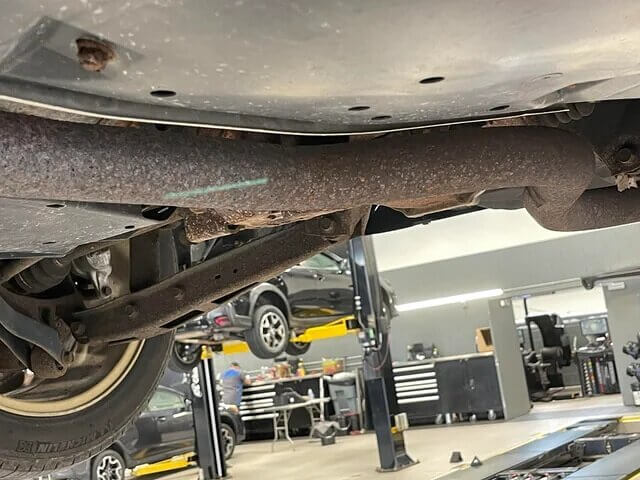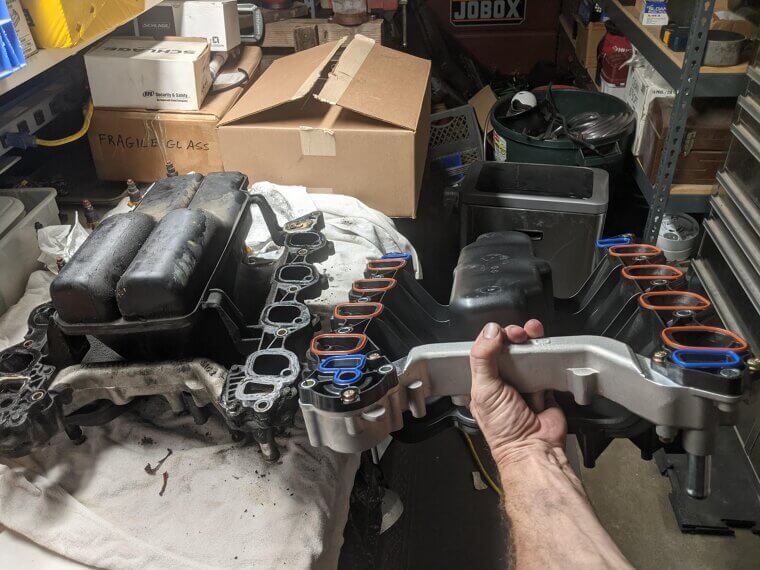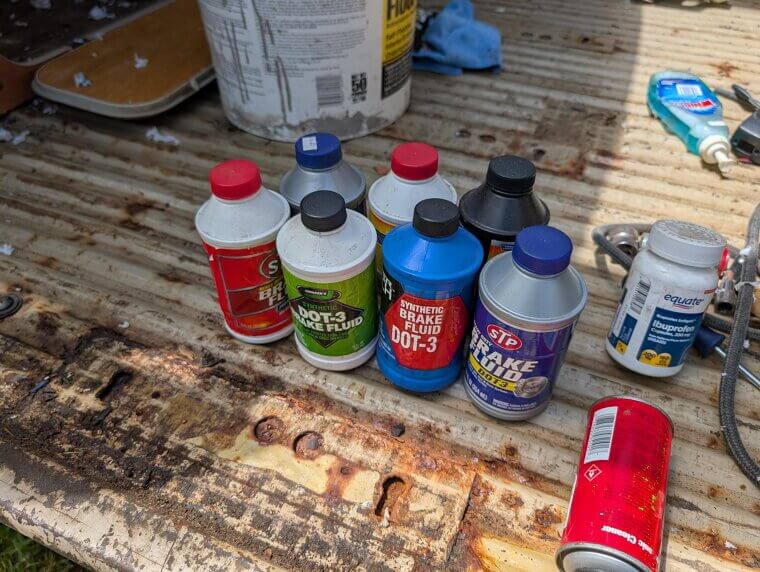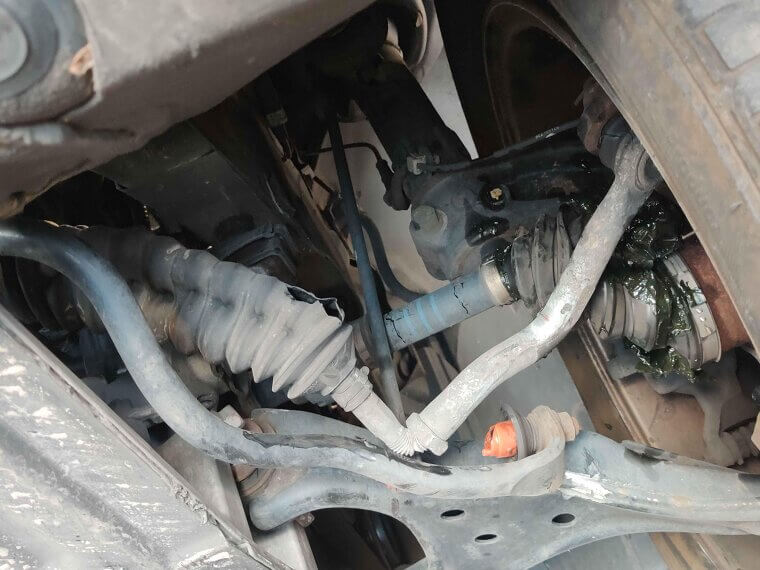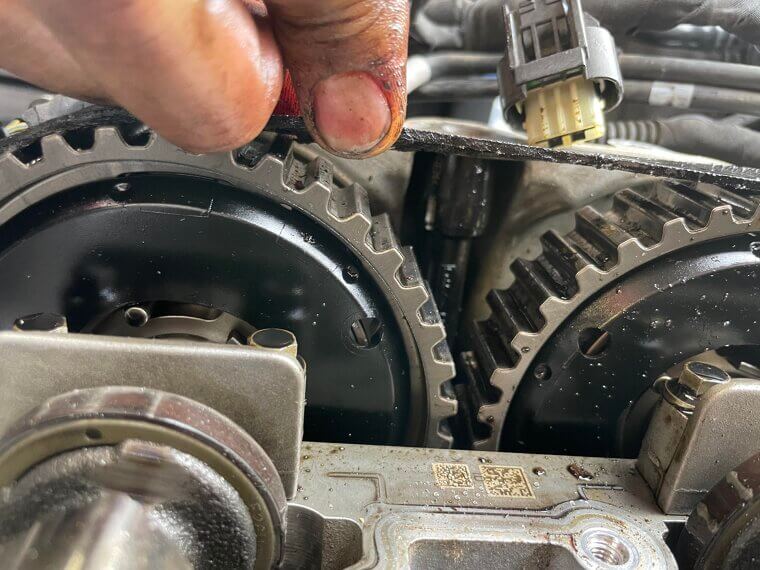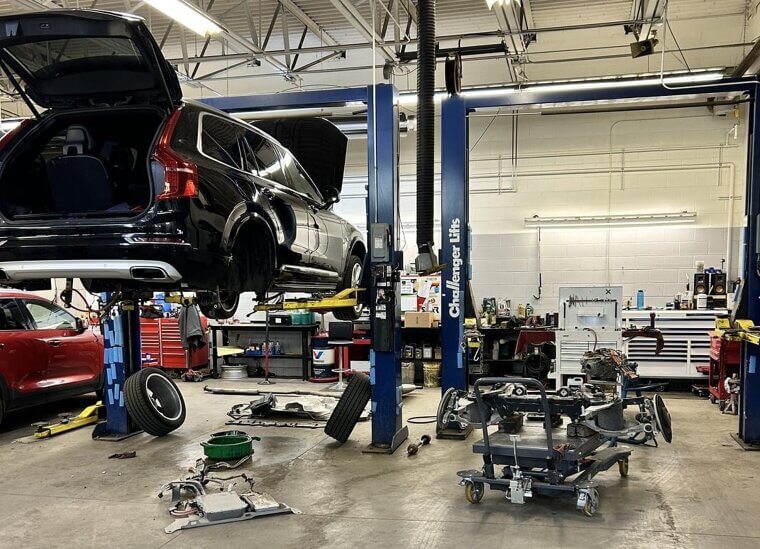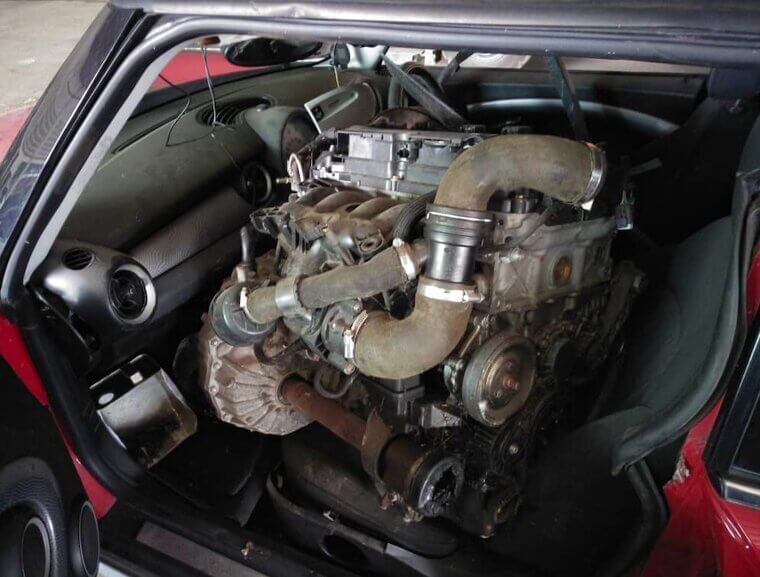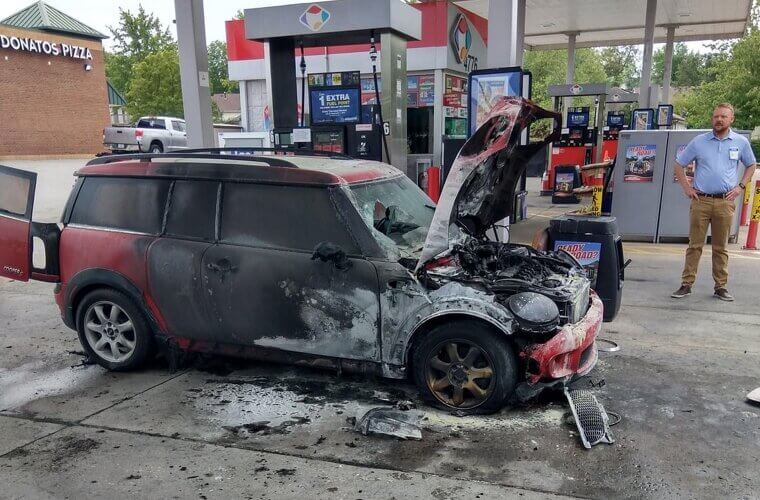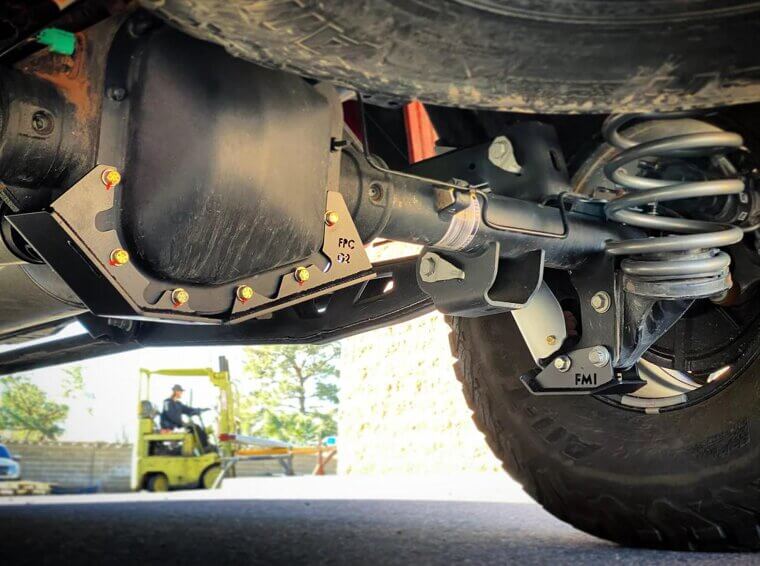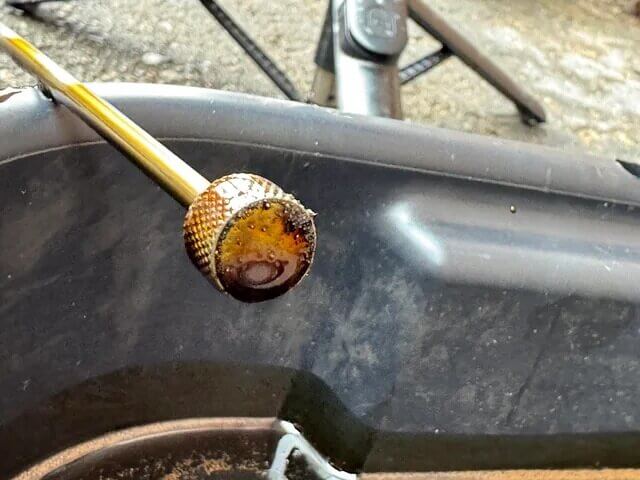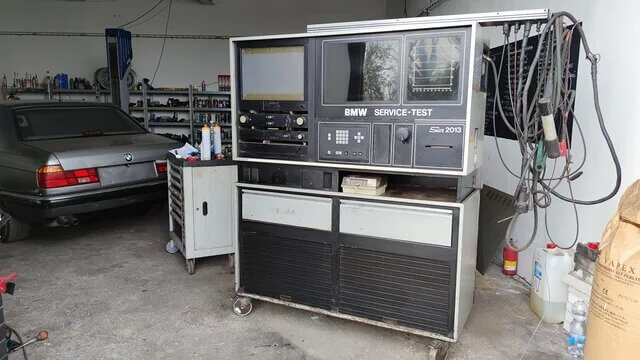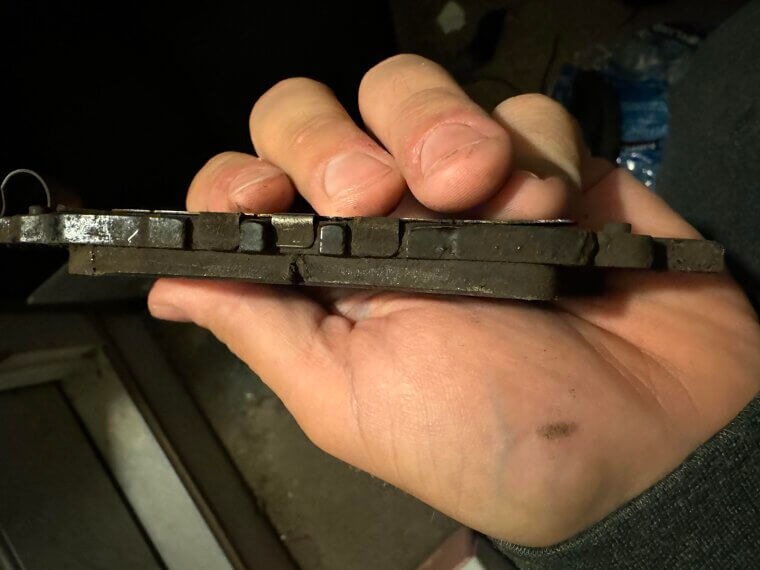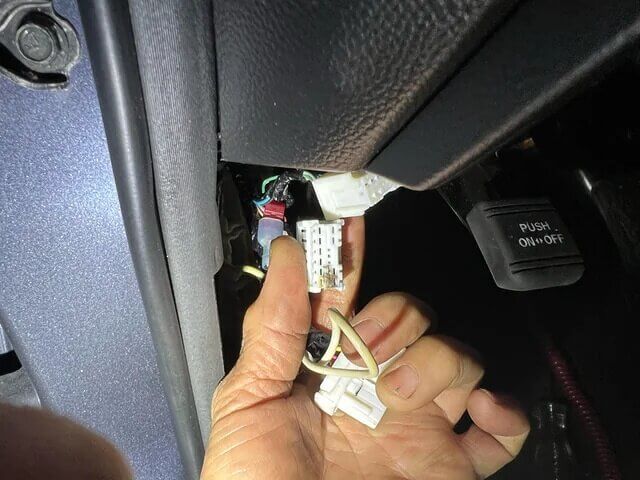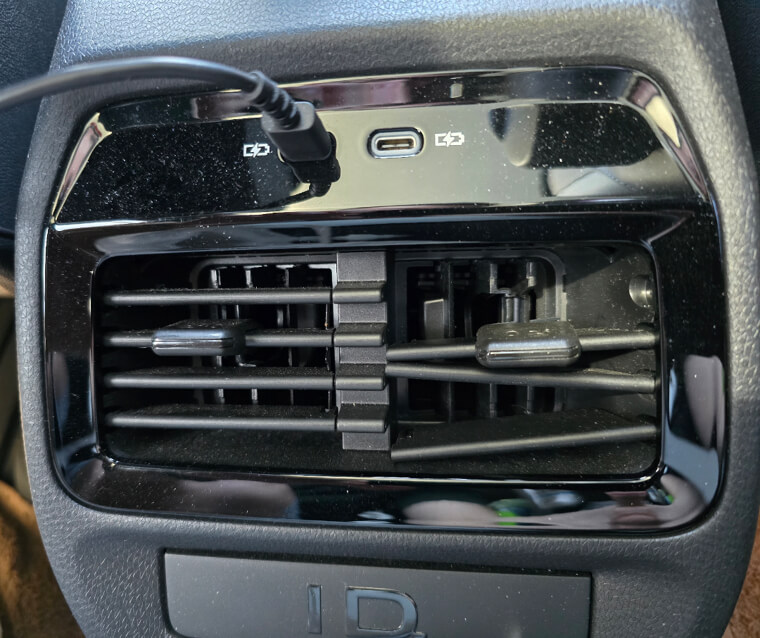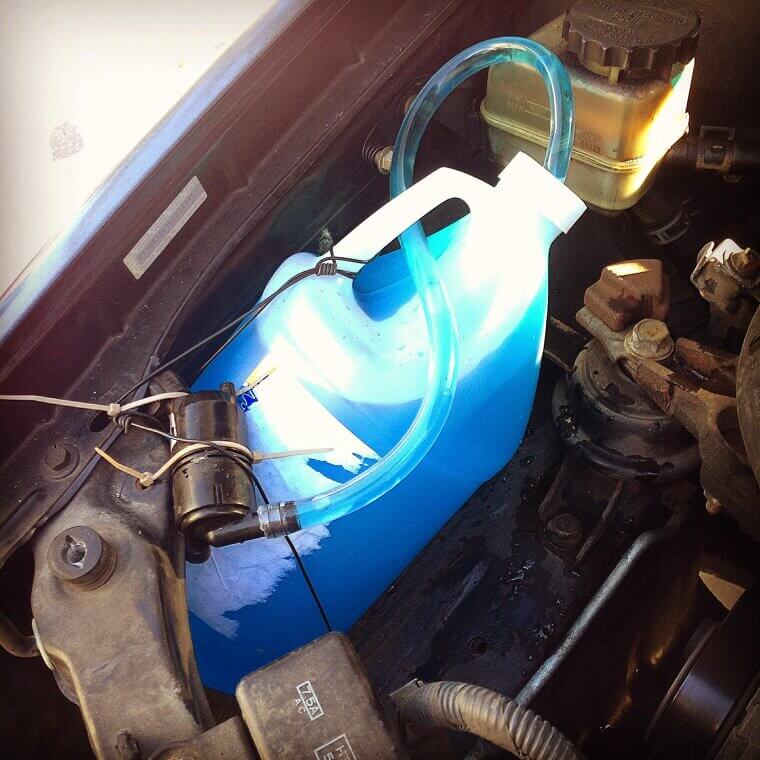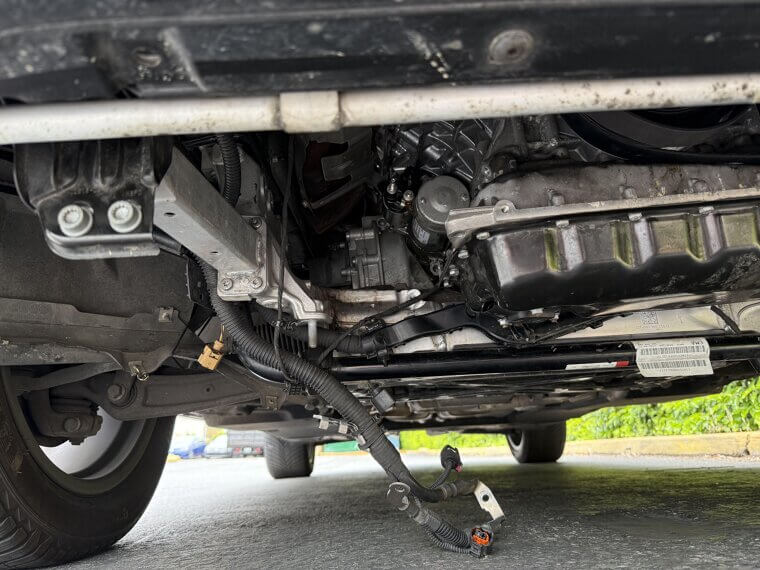Ways Mechanics Rip off Their Customers
Have you ever been to a mechanic and felt as though they weren’t being entirely honest with you? If so, then they probably weren’t! Continue reading to uncover 21 tricks mechanics use to take advantage of customers.
Exaggerating The ‘Check Engine’ Light
Everybody has experienced the dreaded check engine light at some point. It never happens when you want it to, and it usually ends up costing a lot of money. And sometimes, mechanics attempt to charge customers more for a basic fix - not ideal!
Tricking Customers To Buy Unneeded Parts
It is possible for a mechanic to offer you a very costly part that isn't truly necessary for your vehicle. Although it's not unheard of, hopefully, there aren't many auto shops attempting to do this. So, have a general idea of what’s actually needed for your repair.
Free Services To Make Something “Wrong” With The Car
The mere notion of anything free makes everyone's ears perk up. Customers should be aware, however, that these are all merely ways to get inside. A mechanic can identify even the smallest issues with it once he receives an "invitation" to go take a peek under your hood.
Taking Longer To Repair When Paid By The Hour
Auto repair businesses frequently charge an hourly rate for labor. If they do, that shouldn't cause any concern. When they take too long on a basic repair in order to accrue more hours and raise the price, that's when it gets problematic.
Focusing On Fixing Something Different For A Higher Check
Going to a mechanic becomes even more difficult when they point out more issues with the car, which they, of course, want to solve as well. This will end up costing the customer far more than they had intended!
Make The Issue Sound Worse Than What It Is
A mechanic is similar to a doctor in some ways. It is their responsibility to identify the issue and resolve it. However, occasionally, a mechanic will fabricate a bad story about the car's condition that is already overstated.
Billing For Non-Existent Work
We hate to break it to you, but mechanics can claim to have replaced a fluid or fixed a part when, in reality, they never touched it. Unfortunately, when the consumer discovers there is still a problem later on, they pay the price.
Upselling Services And Fluids
The idea of "wallet flushing" may seem all too familiar to anyone who has ever been to a lube shop that specializes in fast oil changes. This odd phrase relates to when stores sell their consumers fluids that are significantly more costly than the generic brands.
Doesn’t Show Exactly What’s Wrong
Never hesitate to ask a mechanic to demonstrate the problem. Request to see the tire if there is a nail in it. Mechanics may attempt to use the approach of stating that anything is amiss without displaying the impacted part, all for a higher paycheck!
Repair Without Permission
Before beginning a repair, auto shops should get approval from the customer. To ensure payment, this will prevent a mechanic from performing a repair without authorization, which could result in an increased bill without your knowledge.
Uses Depreciating Language To Confuse Customers
There might be more to a mechanic's claim if they employ language that minimizes their customers' automotive expertise or casts doubt on their background. This kind of language is a huge red flag, so look out for it!
Applying Outdated Repair Rules To New Cars
Cars are always evolving due to technological advancements. This means that many of the outdated (more expensive) methods that were employed on earlier versions will not work on more recent models.
Charging Repairs Separate From A Package
Replacing extra parts (if needed) is fine as long as a mechanic requests it. However, if the labor cost for fixing the water pump is not clearly communicated to you in advance, it may become problematic to combine it with the cost of those parts.
Adding Repairs Onto The Original Request
Determining what additional demands a customer requires is the mechanic's job, and, in reality, it benefits you as the client. Only when a mechanic fails to inform a consumer does it become an issue.
Using Additives To Slip In Extra Fees
Occasionally, purchasing additives or following a mechanic's advice is perfectly acceptable. However, something might be wrong if a mechanic is actually pressuring you to buy them as the bill increases.
Billing The Repairs And Diagnostic Test Separately
Most mechanics charge a fair price just to diagnose the problem and include it in the overall repair cost. To fatten up your bill, some mechanics, however, might decide to bill for the diagnosis and the repair separately.
They Question A Customer’s Concern For Something Else
In their worst form, mechanics might profit from their clients' lack of knowledge about cars. For instance, a mechanic might persuade clients to spend extra money on unnecessarily expensive brake pads under the guise of "safety" reasons.
Making Parts Look Worse Than They Are
Some mechanics will frequently mention a component that rarely needs repairing to be in worse condition than it actually is, in order to reach deeper into your pockets. To avoid this, do some research before heading to the shop.
Charging More For Remanufactured Parts
A discounted price should be on the bill when a mechanic offers a refurbished part. Otherwise, there might be something fishy going on if it appears to be similar to what a new part would cost.
Make Offers That Seem “Too Good To Ignore”
Mechanics can attempt to sweeten the deal with a promotion, such as substituting fluids. Any business will naturally look into ways to make the most of the visit, but when it's charged automatically instead of being offered as a choice to the customer, it can cause issues.
Overstates Small Issues To Justify Larger Bills
Some mechanics overdo wear or damage, saying that something as minor as a slightly worn belt is dangerous. Out of fear, customers end up authorizing costly repairs when simple upkeep would’ve been sufficient.

